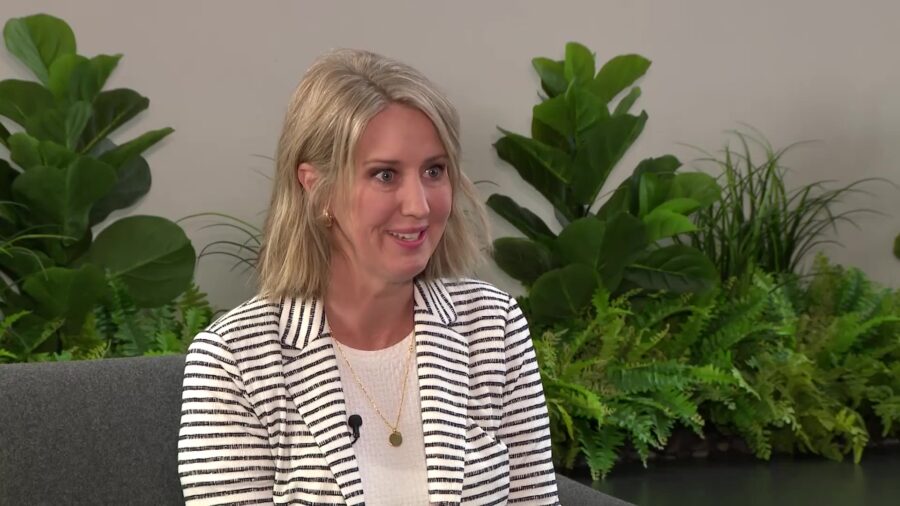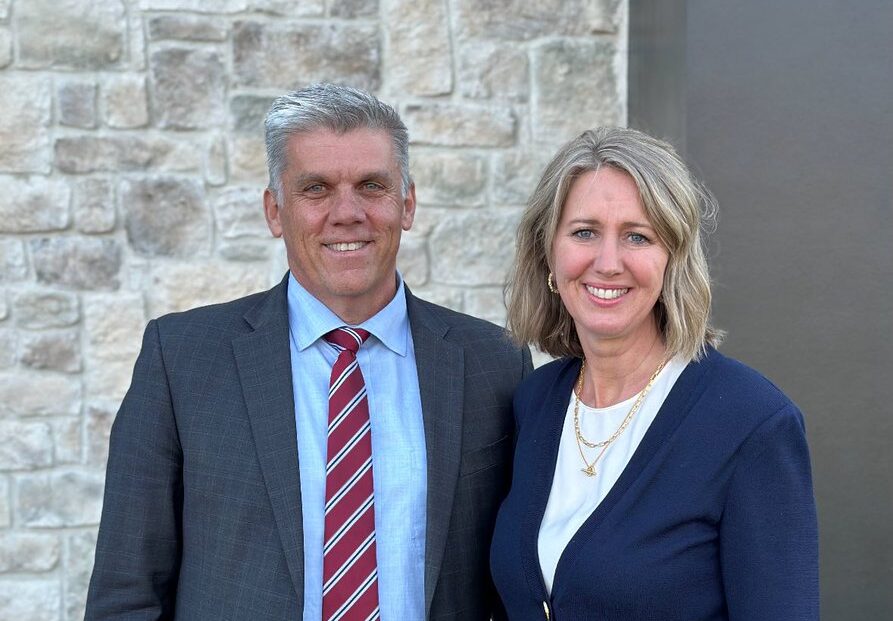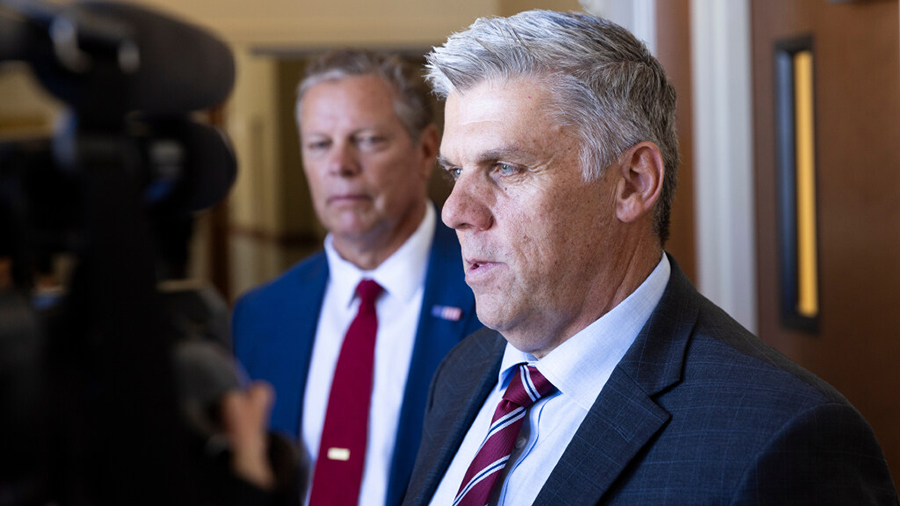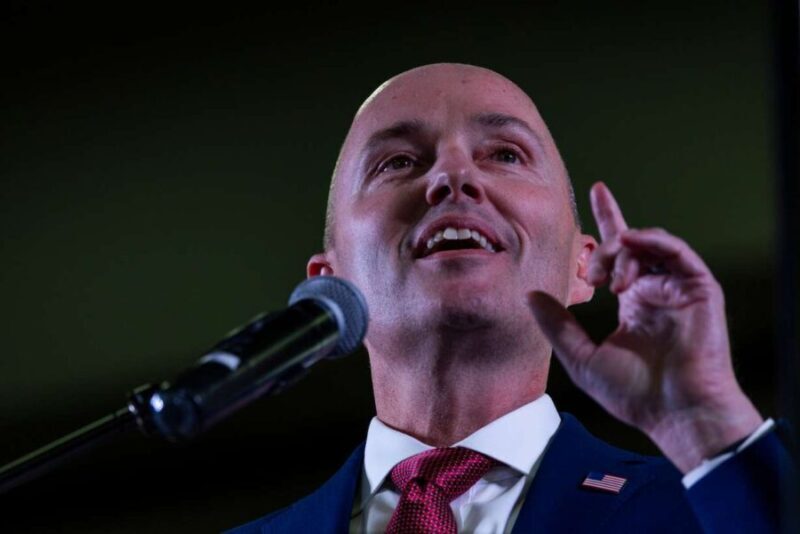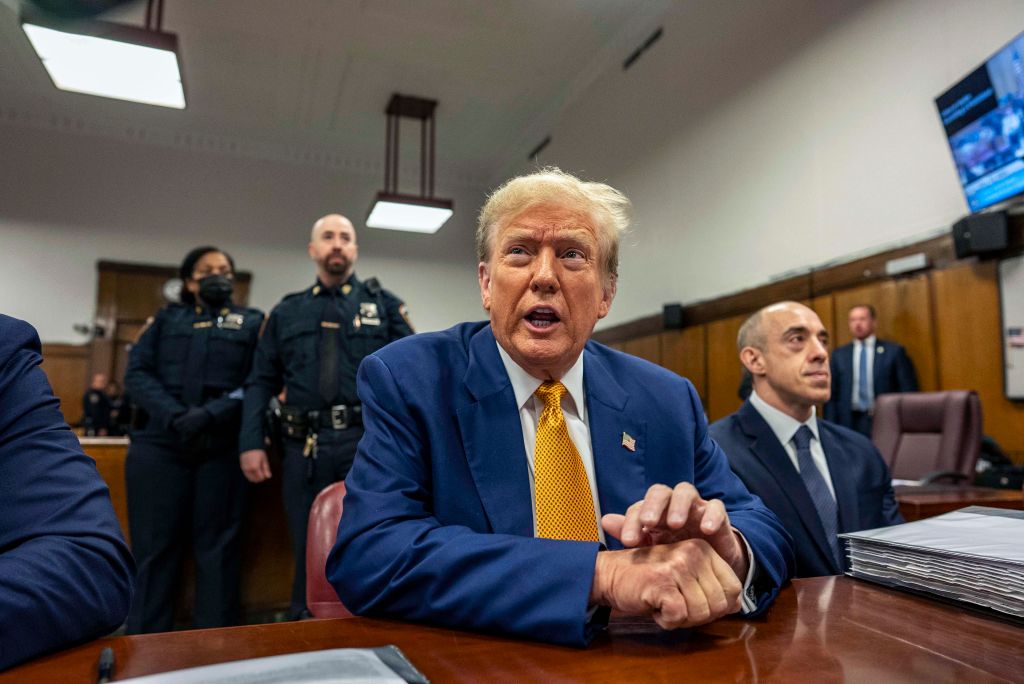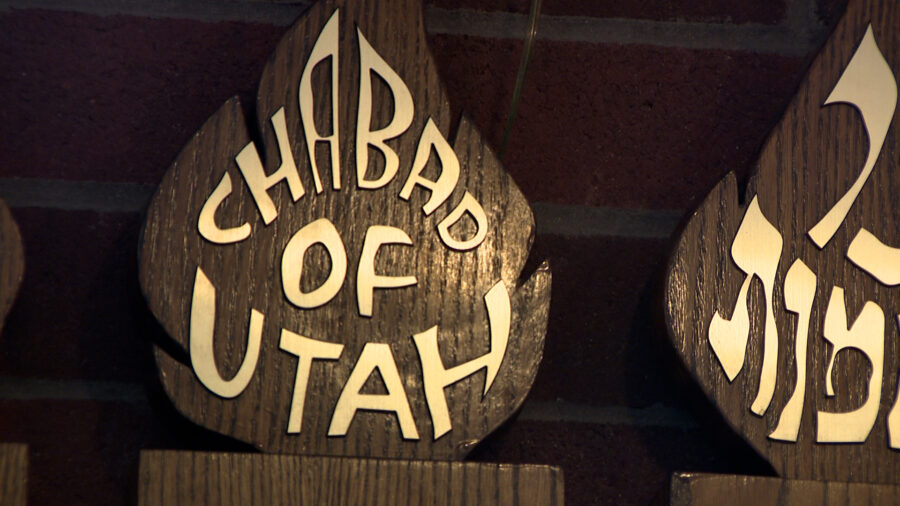Utah Republican Party report shows only 10% of GOP voters cast their Super Tuesday votes
Mar 14, 2024, 5:03 PM | Updated: 5:04 pm
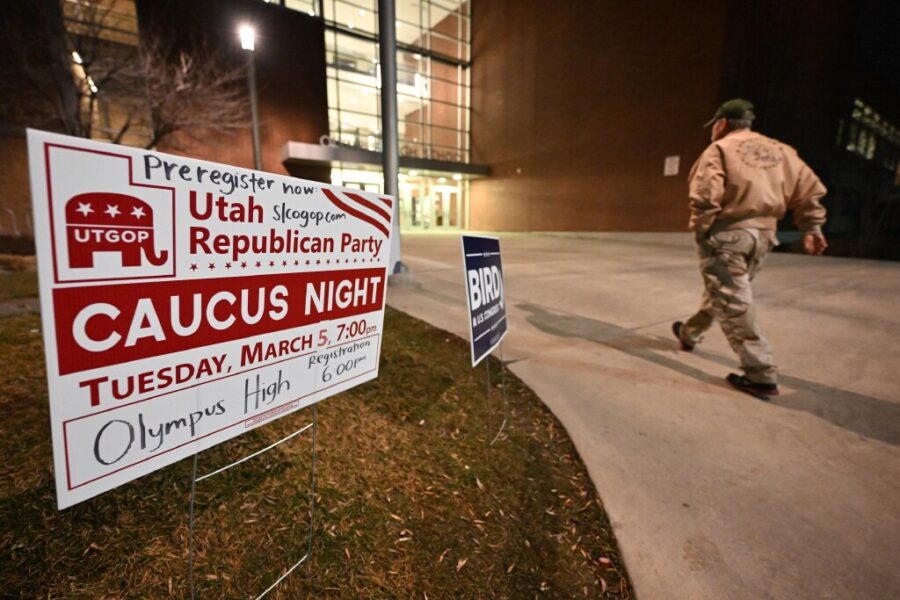
Republicans gather at Olympus High School in Holladay for caucus meetings on Tuesday, March 5, 2024. (Scott G Winterton, Deseret News)
(Scott G Winterton, Deseret News)
SALT LAKE CITY — Preliminary results of Utah’s Super Tuesday showed an unexpectedly low turnout for Republican voters compared to the last two elections.
According to Thursday’s report released by the Utah Republican Party, a total of 85,797 votes were cast for Republican presidential candidates on March 5.
The report shows that Donald Trump received 48,350 votes, 56.35%, Nikki Haley got 36,621 votes, 42.68%, and Ryan Binkley secured 826 votes, .96%.
INBOX: Over a week after the @UtahGOP caucus that saw only about 10% of Utah Republicans cast a vote, we now have final results.
Donald Trump got 56.35% to Nikki Haley's 42.68%.@KSL5TV #utpol pic.twitter.com/kLAV9GIOxq
— Lindsay Aerts (@LindsayOnAir) March 14, 2024
Because of the Utah Republican Party bylaws, Trump received all 40 Utah delegates since he received over 50% of the vote.
“The Utah Republican Party congratulates President Trump on his strong performance in Utah—and across the nation—to secure his path to becoming our Party’s nominee,” said Utah GOP Chairman Robert Axson in a statement. “While the vote to finalize his nomination won’t happen until the National Delegates meet in July, it is important that voters everywhere unify to ensure that the Biden administration is stopped. The constant turmoil, lawlessness, and unaffordability that Joe Biden has fostered is a disservice to every American.”
Comparing past elections
According to the Deseret News, Utah has 890,637 active registered Republicans, indicating that about 10% of GOP voters cast their vote on Super Tuesday.
In 2016, the Utah Republican Party used caucus meetings to select a presidential nominee, with 191,330 votes cast among the 603,479 active registered Republicans at that time—equalling 31.7% of GOP voters arriving at the polls.
Turnout grew during the 2020 election as the Utah Republican Party returned to a government-operated primary with mail-in ballots. According to voting data, 344,852 votes were cast, representing 48.6% of the 710,175 active registered Republicans during that election.
A chaotic caucus
For 2024, the Utah Republican Party returned to the caucus format and used a presidential preference poll to pick their presidential nominee.
In August, Axson told KSL NewsRadio the party returned to caucus meetings to save taxpayer money, attract more attendees, and incentivize presidential candidates to come to Utah to gain support.
However, during Super Tuesday, many Republican voters told KSL TV that they left their caucus meetings early and did not vote due to poor meeting management.
While some locations reported no problems, locations like Brighton High School and Fort Herriman Middle School had long lines and slow computers.
One voter, Bret McCormick, told KSL TV that he gave up after attempting to vote at Brighton High School.
“There was just a lot of confusion,” he said. “Which line should I be in? Where do I go? What do I do? How do I access the site? There was just not any control. There was no control.”
Utah GOP voters: Super Tuesday caucuses were ‘incredibly frustrating’
Carole Bonner, from Helper, told KSL TV she didn’t have access to a cell phone and could not navigate the QR codes and website that volunteers were directing her to.
“The frustration was real. I went home and said to my husband, ‘Wow, I think we are done,'” Bonner said.
In an interview with KSL TV, Axson acknowledged that the caucus didn’t run smoothly, and things could have run better. He said the biggest issue was that the computer system crashed over 20 minutes.
“There were a handful of locations, mainly along the Wasatch Front that things didn’t run smoothly, and I appreciate and I’m sympathetic to the folks who were frustrated. We certainly take the feedback and lesson learned, appreciate them being there,” Axson said.
Axson said he thinks Super Tuesday was a success and believes things ran well, but he said changes will be made.



